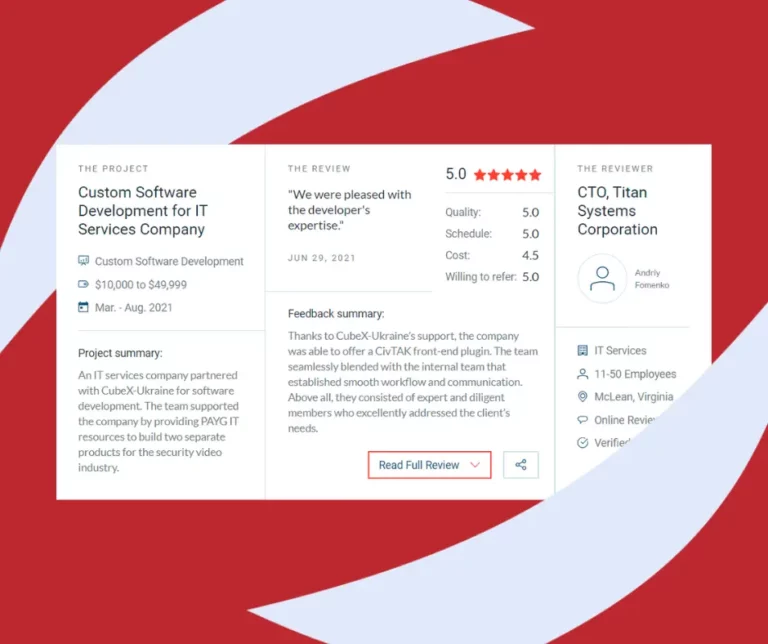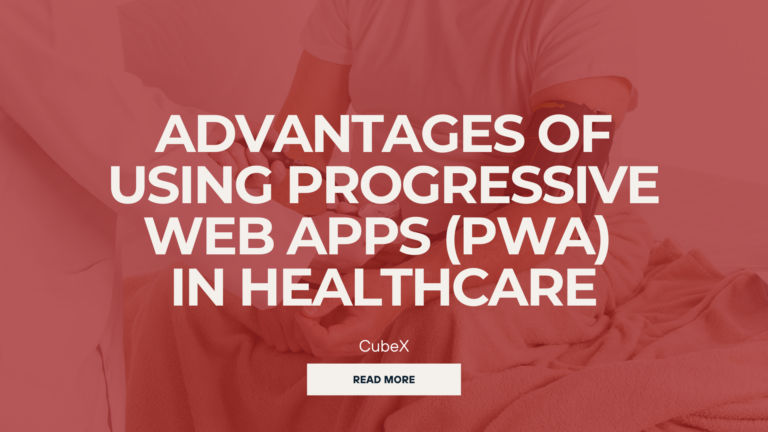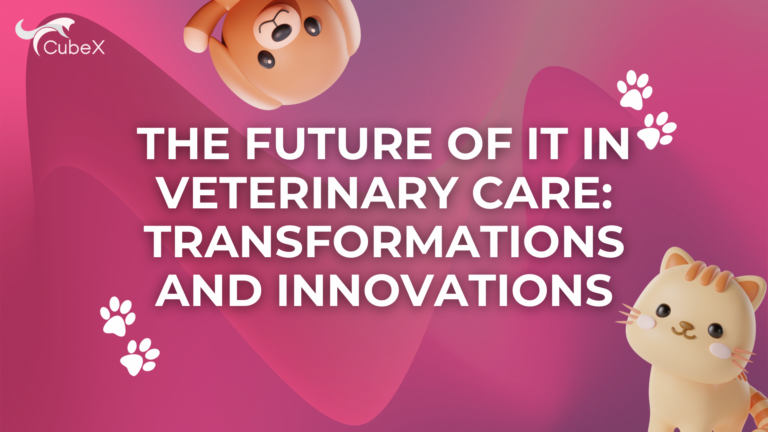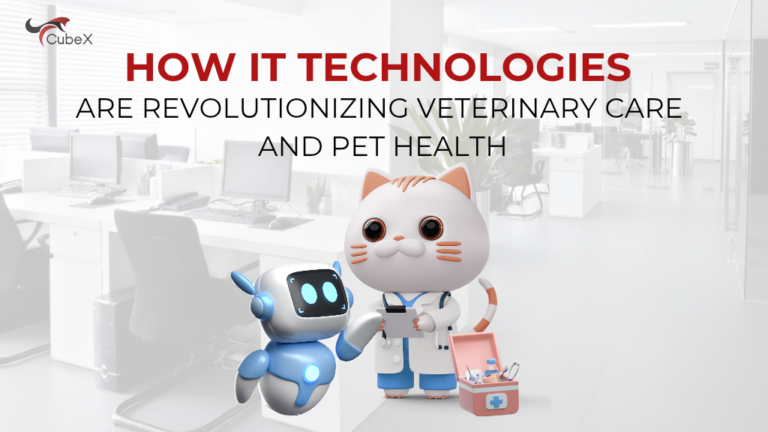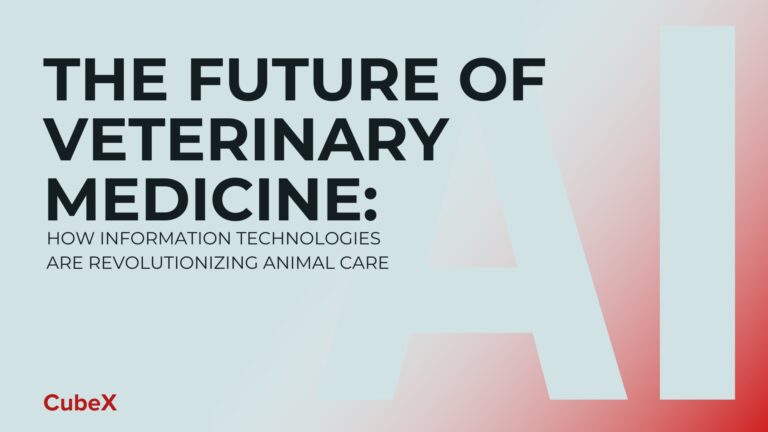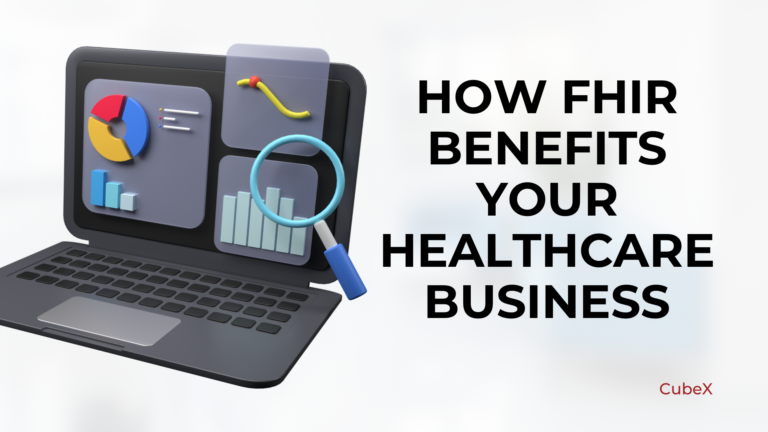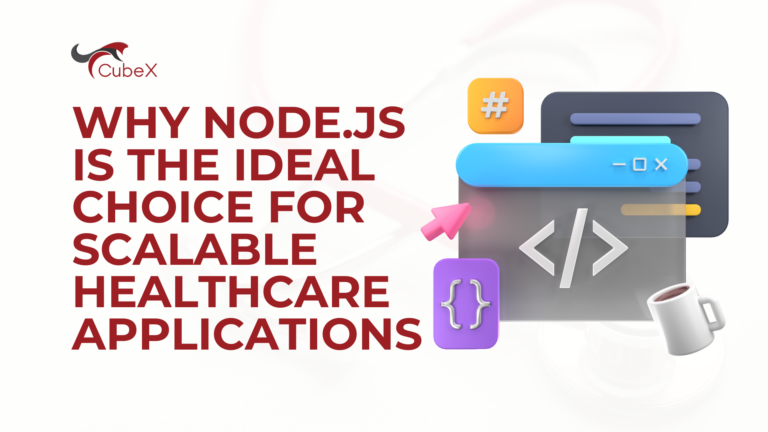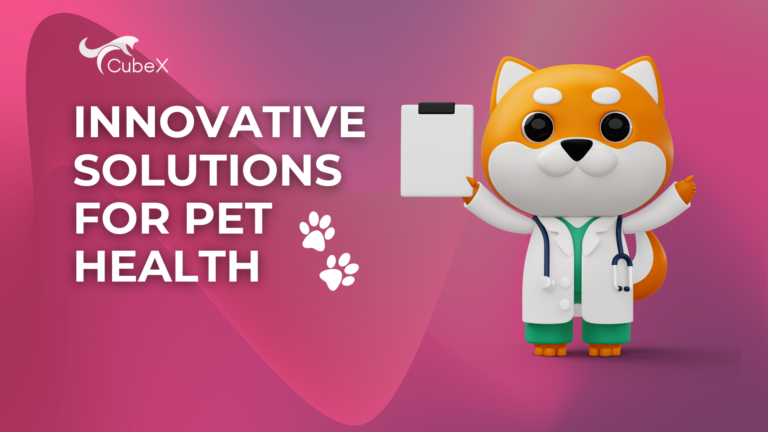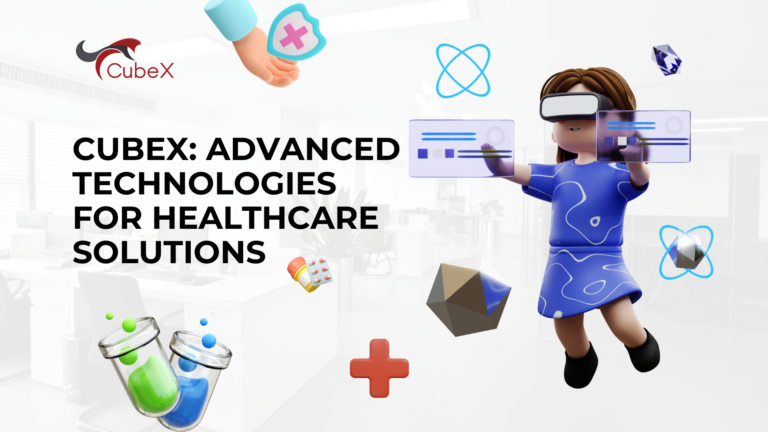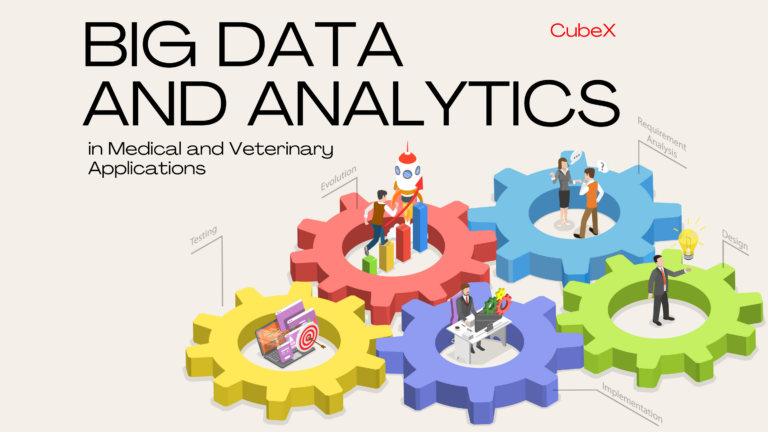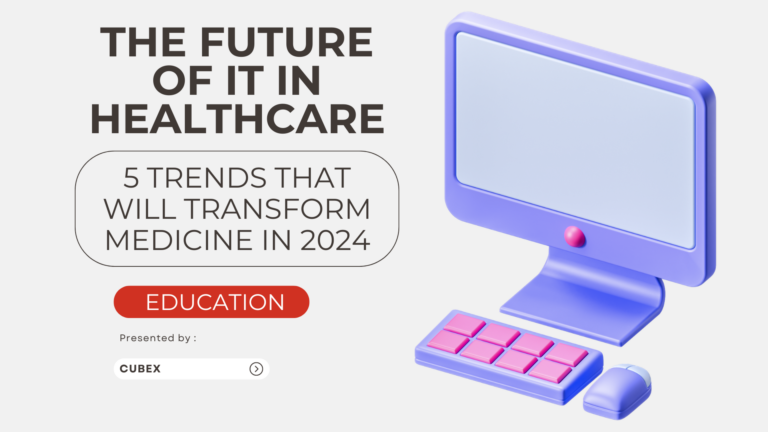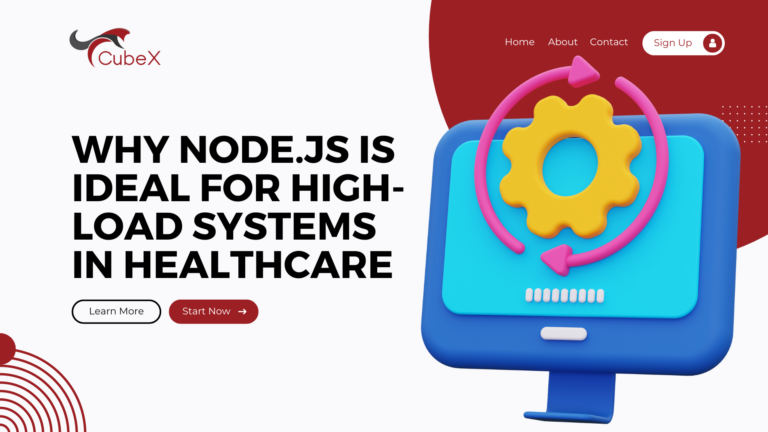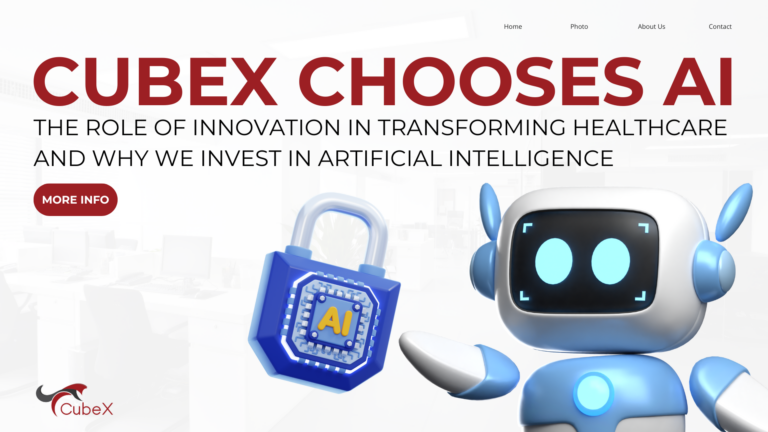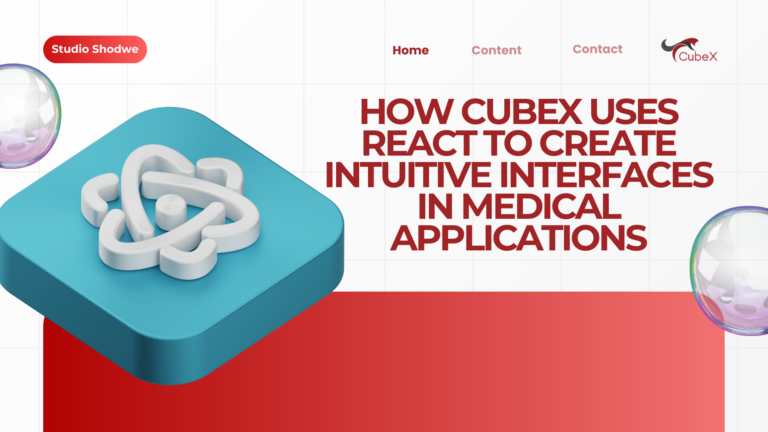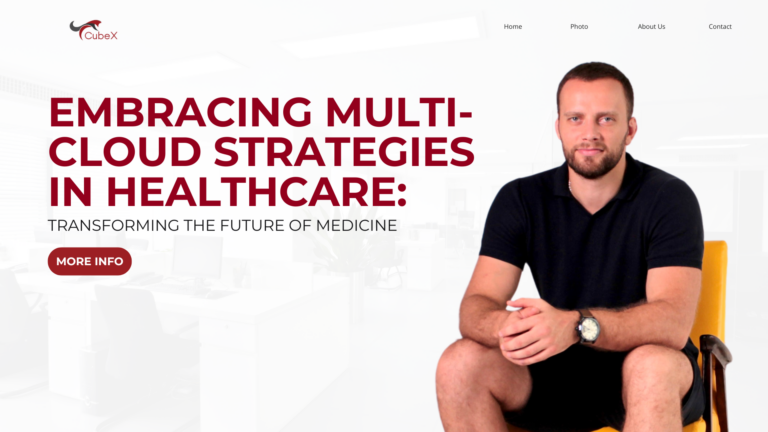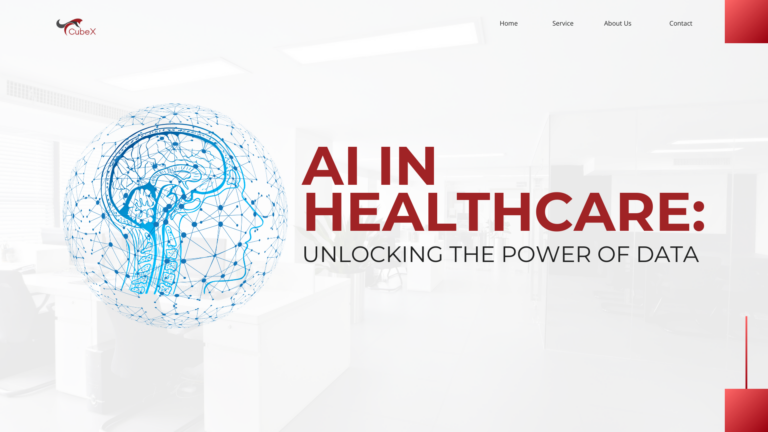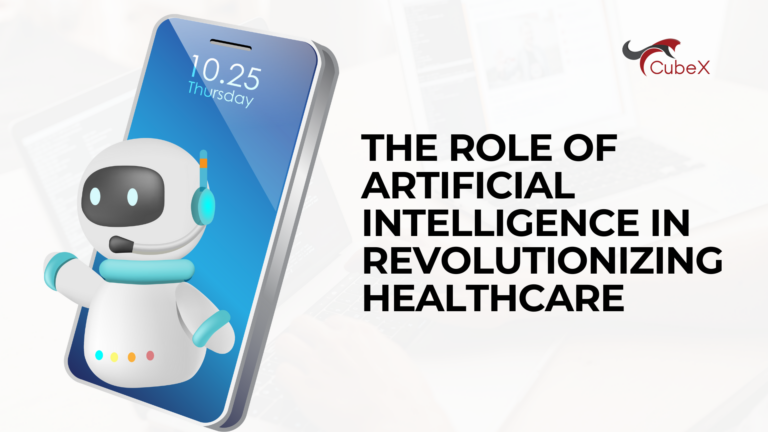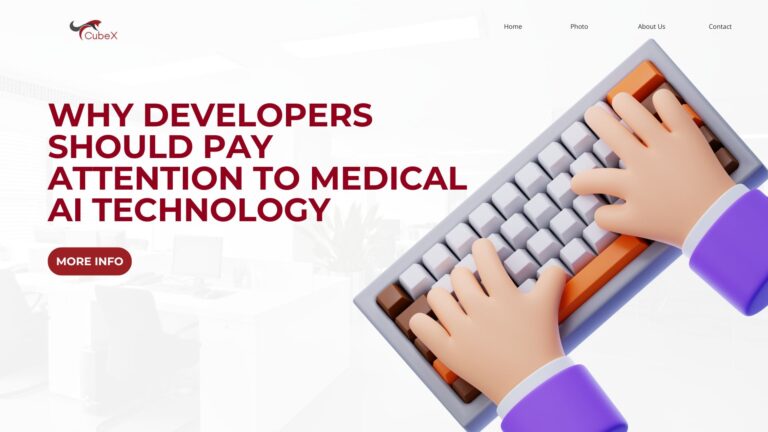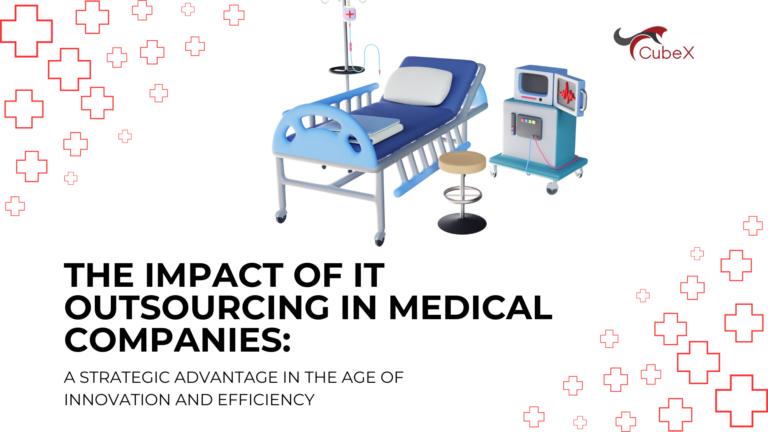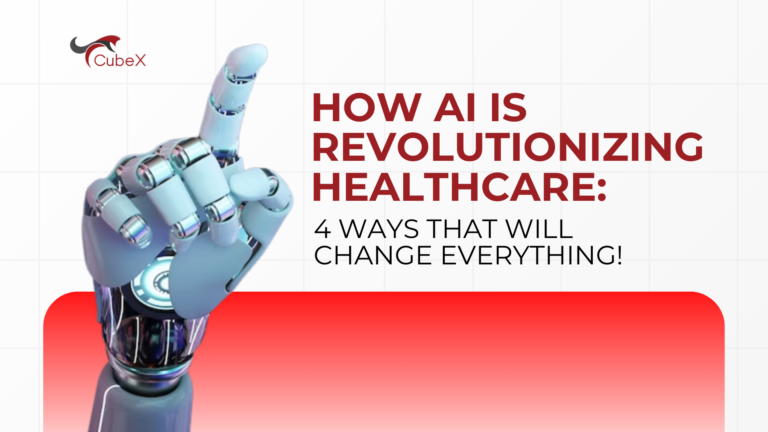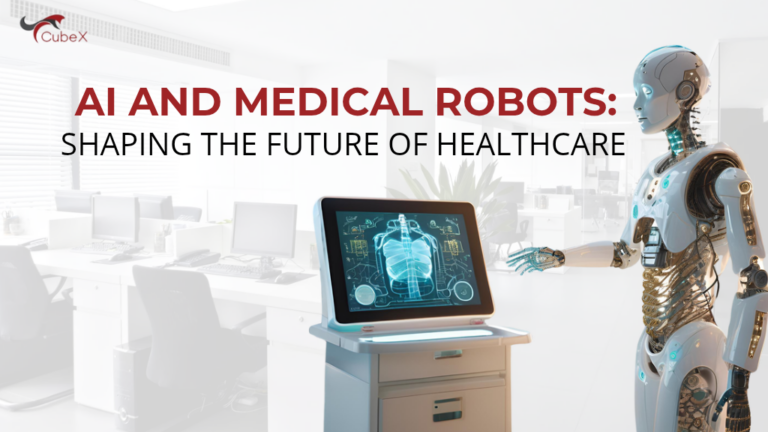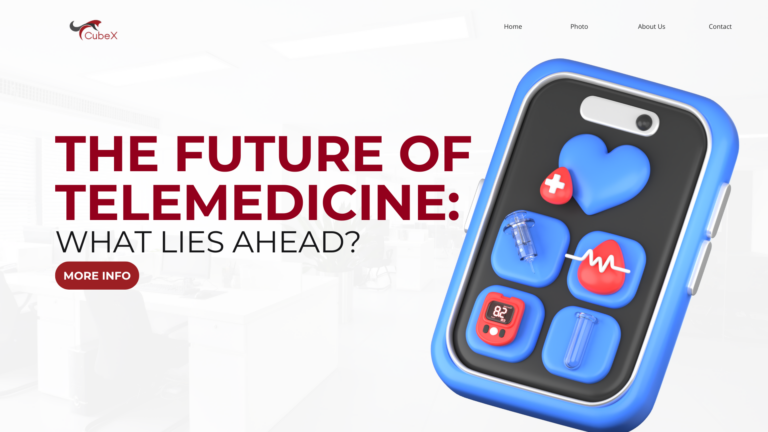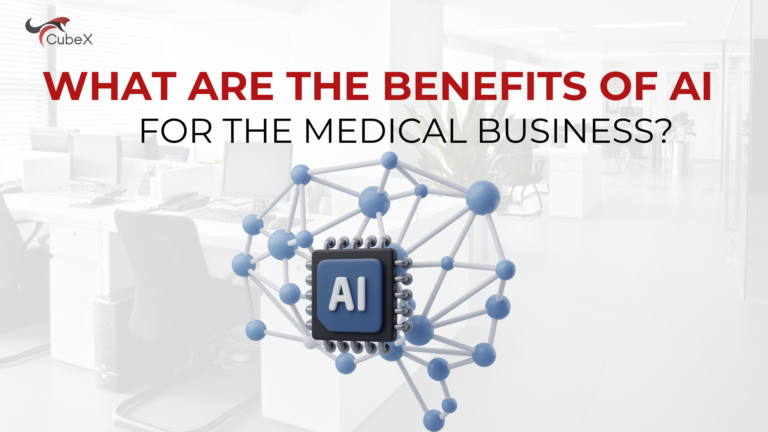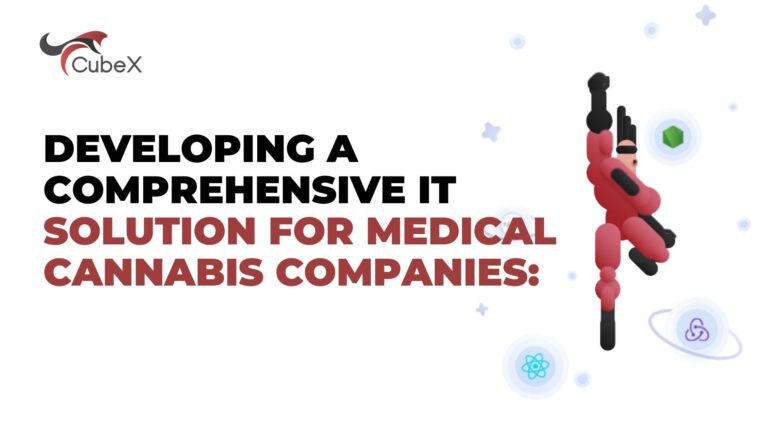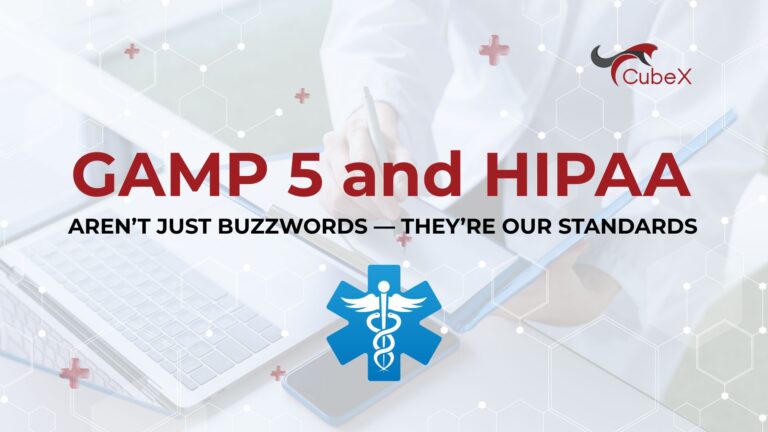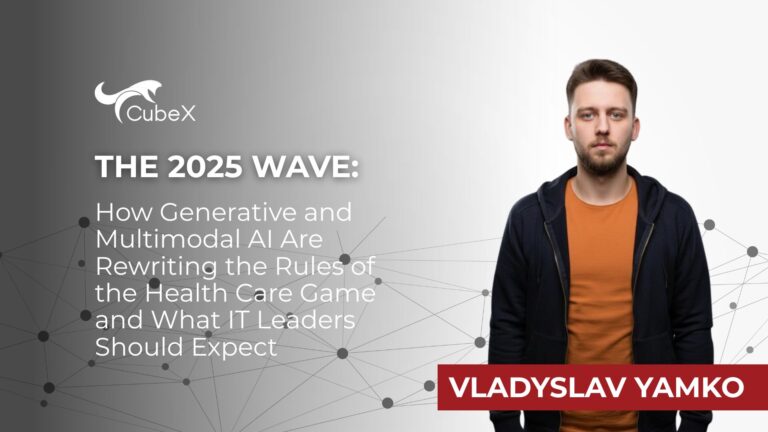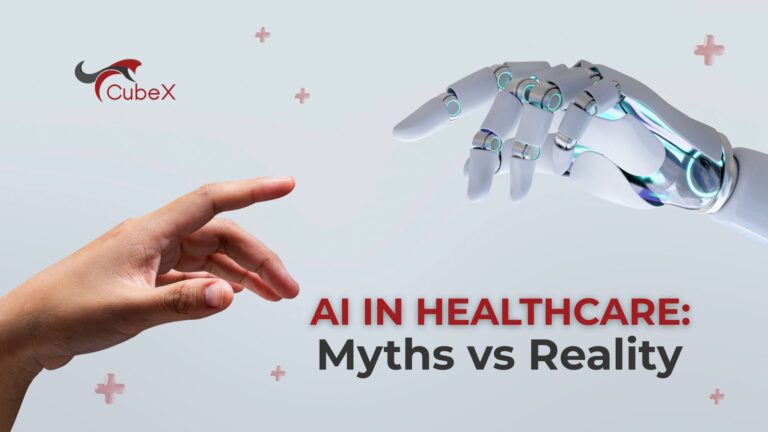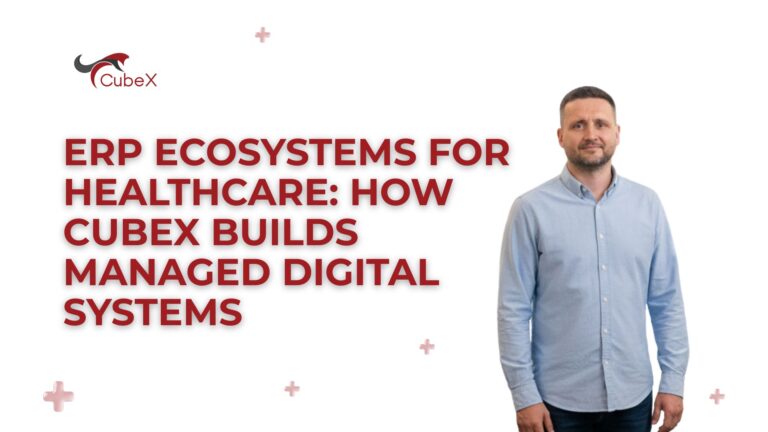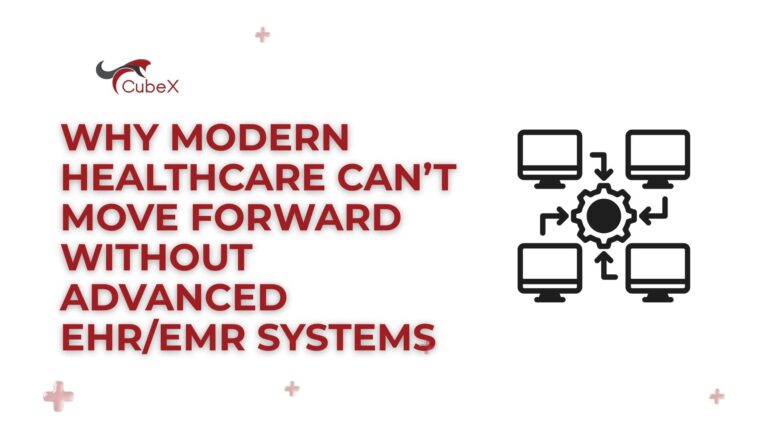Big Data and Analytics in Medical and Veterinary Applications
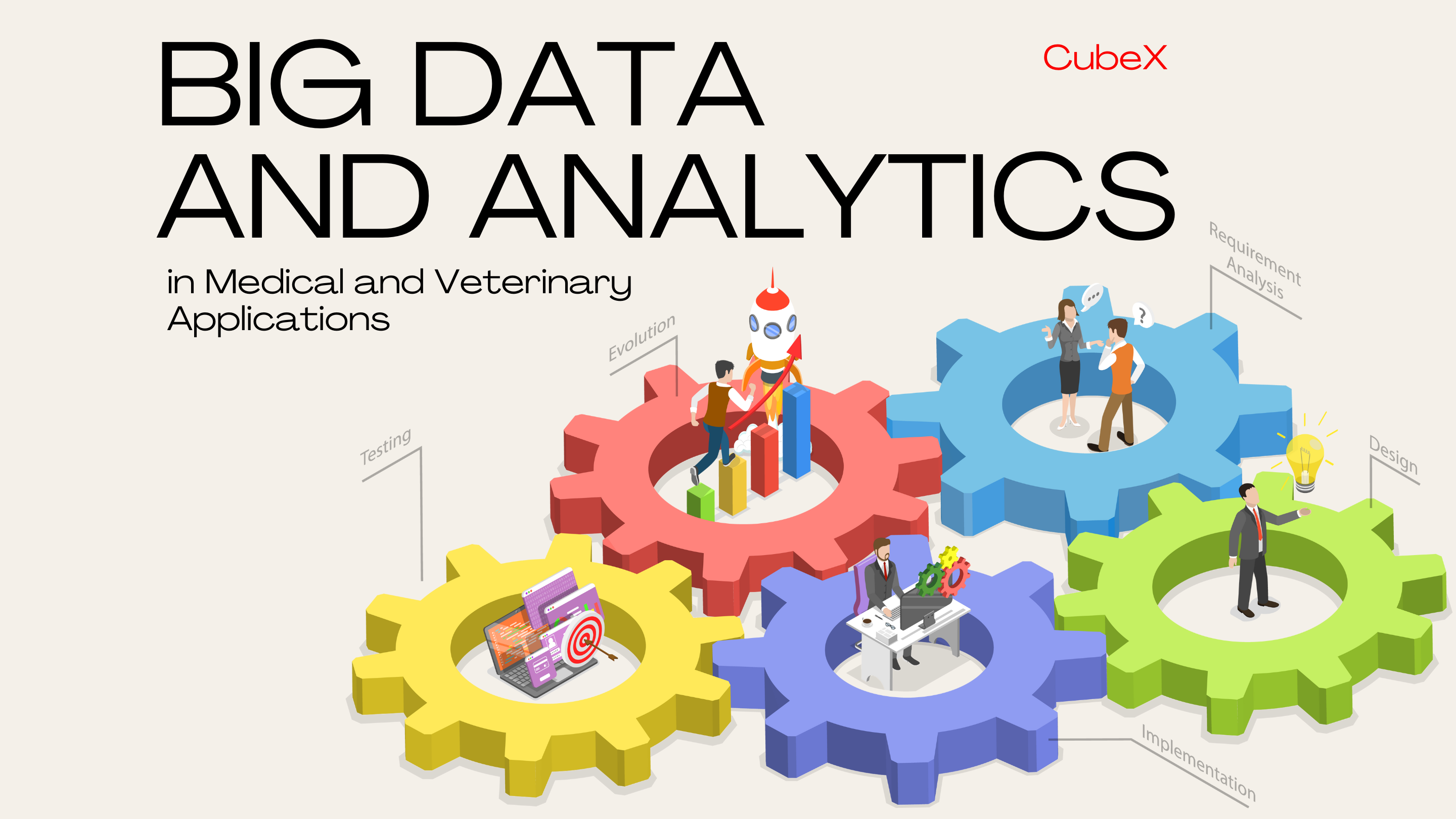
Introduction
In the contemporary landscape of healthcare and veterinary services, big data and analytics have become indispensable tools. These technologies facilitate more informed decision-making, personalized treatments, and efficient care for both humans and animals. This article delves into the significant role big data plays in medical and veterinary applications, supported by relevant statistics and analytical insights.
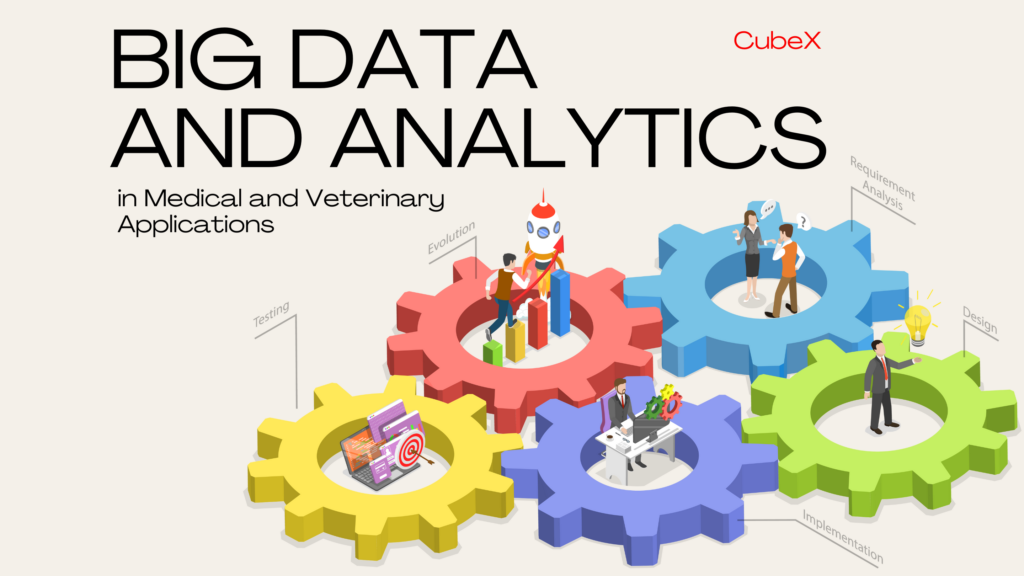
How Big Data Helps in Medical Decision-Making
Faster and More Precise Diagnoses
Big data analytics enable the processing of vast datasets, which helps medical professionals to diagnose conditions more quickly and accurately. For instance, a study by Frost & Sullivan projects that the global healthcare big data market will reach $68.75 billion by 2025, reflecting its growing importance . Analytical tools such as machine learning algorithms can analyze patient records, imaging results, and genetic information to identify patterns indicative of specific diseases. This leads to:
- Reduction in Diagnostic Time: Machine learning models can process thousands of medical images in seconds, drastically reducing the time required for radiologists to make a diagnosis.
- Improved Accuracy: Studies have shown that AI-assisted diagnostics can achieve accuracy rates of over 90% in detecting conditions like breast cancer from mammograms .
Predicting Disease Progression and Planning Treatments
Predictive analytics is another key application of big data in healthcare. By analyzing historical patient data, predictive models can forecast disease progression and help in planning appropriate interventions. For example:
- Chronic Disease Management: Predictive models can identify patients at high risk of complications from chronic diseases such as diabetes, enabling timely interventions and reducing hospital admissions by up to 25% .
- Treatment Optimization: Data analytics can tailor treatment plans based on the predicted response of patients to various therapies, leading to more effective and personalized care.
Enhancing Personalized Medicine
Personalized medicine tailors treatment to the individual characteristics of each patient, a practice made feasible by big data analytics. By integrating genomic data with clinical data, healthcare providers can develop personalized treatment plans. Key benefits include:
- Tailored Therapies: Genetic testing and data analysis can identify the most effective drugs for individual patients, minimizing adverse effects and improving outcomes.
- Cost Savings: Personalized treatments can reduce trial-and-error prescribing, which is estimated to save the U.S. healthcare system $10 billion annually .
Data Analysis in Veterinary Care: Improving Diagnosis and Treatment
Real-Time Health Monitoring
In veterinary care, big data and analytics facilitate real-time health monitoring of animals, significantly enhancing diagnosis and treatment. Technologies such as wearable devices and IoT sensors collect data on vital signs, activity levels, and other health indicators. Benefits include:
- Early Detection of Illnesses: Continuous monitoring can detect abnormalities early, prompting timely veterinary intervention and improving prognosis.
- Behavioral Insights: Data on animal behavior helps in understanding their health and well-being, allowing for adjustments in care and management practices.
Historical Data Analysis
Analyzing historical data allows veterinarians to better understand the health trends and conditions affecting animals. This historical perspective aids in:
- Disease Surveillance: Identifying patterns and outbreaks of diseases, which is crucial for preventive measures.
- Treatment Efficacy: Evaluating the success rates of different treatments over time to inform best practices.
Developing Effective Prevention and Treatment Programs
By leveraging big data, veterinary clinics can develop more effective prevention and treatment programs. This data-driven approach ensures that interventions are based on robust evidence and tailored to specific animal populations.
- Preventive Care Programs: Data analytics help in designing vaccination and parasite control programs tailored to the needs of specific regions and breeds.
- Customized Treatment Plans: Just as in human medicine, personalized treatment plans for animals can be developed based on individual health profiles and historical data.
Conclusion
Big data and analytics are revolutionizing medical and veterinary care, making it possible to diagnose diseases more quickly and accurately, predict disease progression, and tailor treatments to individual needs. The integration of these technologies in healthcare and veterinary services not only improves outcomes but also enhances the efficiency and effectiveness of care delivery. Join CubeX in embracing these advanced solutions to elevate the quality of medical and veterinary services, prioritizing the health of both humans and animals.
Contact Us
Please contact us for any further information








